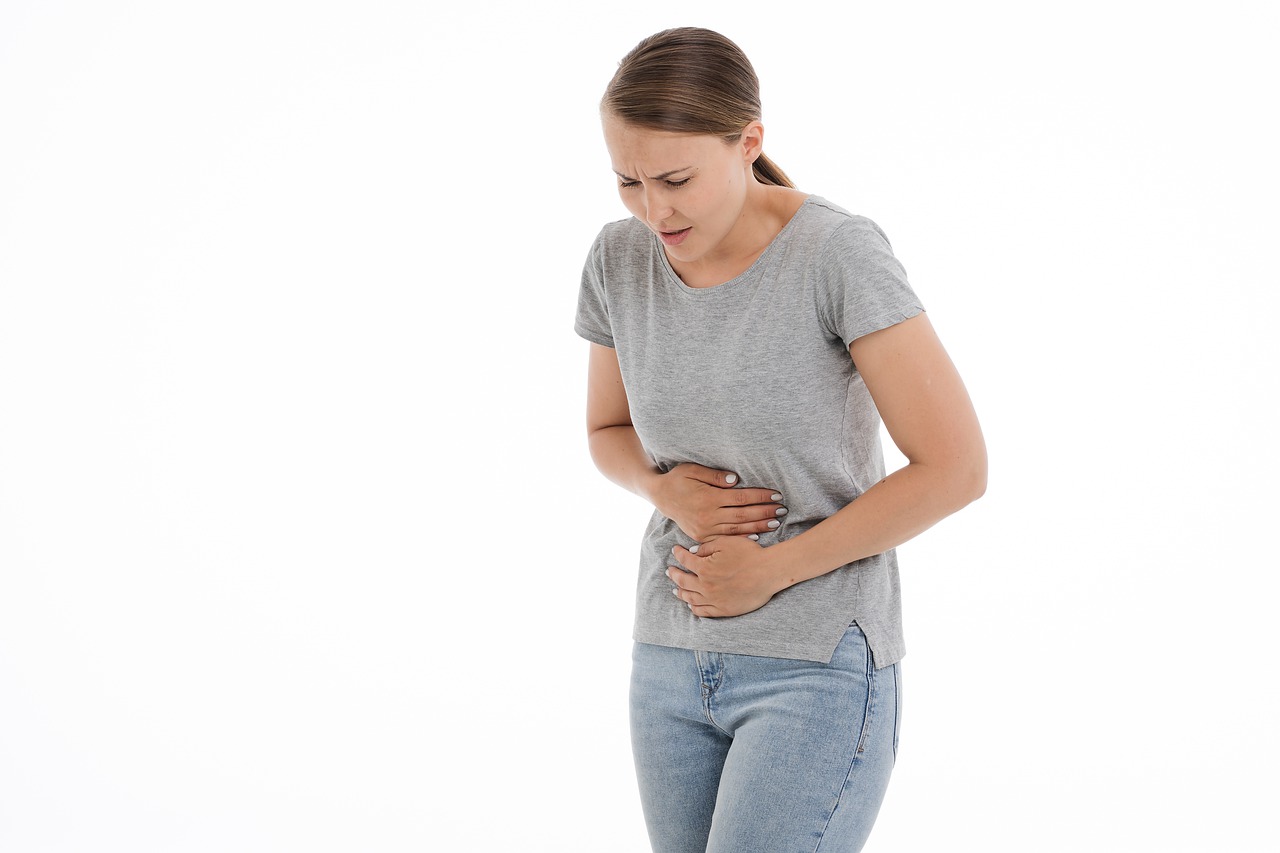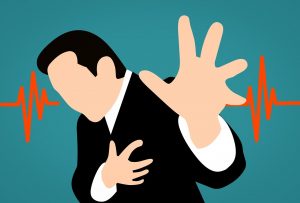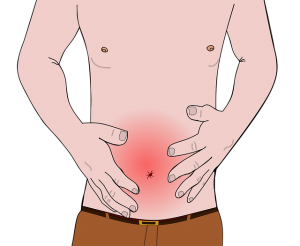
Gastroesophageal disease or GERD occurs when you force food to flow upwards into your stomach or suffocate. In the Magazin Forum interview shares nutritional recommendations and treatment options. How is this possible?
Acid reflux, also known as gastroesophageal reflux disease (GERD) is the breakdown or fraction of stomach and amino acid content in the stomach into the esophagus. It is caused by loosening of the lower esophageal sphincter muscle, which may be present at the junction between the esophagus and stomach and protects the passage and allows the food content to pass in one direction only, i.e. from the mouth to the intestine.
Severe Experience of Pain and Paralyzing
 It helps to accentuate the symptoms, of which heartburn is the most painful and paralyzing. Heartburn can be treated with the use of acid suppressors and antacids. In some people, acid reflux becomes a regular and severe experience that brings little or no relief, although many prescription drugs are used, which vary from one to the other. In these cases, treatments for heartburn are effective.
It helps to accentuate the symptoms, of which heartburn is the most painful and paralyzing. Heartburn can be treated with the use of acid suppressors and antacids. In some people, acid reflux becomes a regular and severe experience that brings little or no relief, although many prescription drugs are used, which vary from one to the other. In these cases, treatments for heartburn are effective.
Feeling Nauseous and Throwing Up
Gastro-oesophageal reflux disease occurs when food flows from the stomach into the esophagus or is vomited again. It is possible when food enters the stomach, and the lower oesophageal sphincter opens to allow the food to open and then closes again to prevent food from entering the stomach. However, the lower esophageal sphincter cannot perform its function, so the food returns to the esophagus, causing the condition.
Increase Acid Production That Causes Acid Reflux
Hypercalcemia is a condition in which there is calcium in the blood that could increase acid production. Scleroderma is an autoimmune skin disease that can lead to reflux. A diaphragmatic hernia is associated with actions involving movement in the esophagus and stomach sites.
Hyperacidity of the Intestinal Tract
 The intestinal environment may become hyperacidity as a result of taking certain drugs. The syndrome is a disease that can lead to the stomach and induce uric acid secretion in the intestine. Visceroptosis, or syndrome, is a condition in which the way has been reduced. This abnormality in the functioning of the abdomen can lead to hyperacidity of the intestinal tract. How will you know you have GERD? The most common signs that a person has GERD are difficulty swallowing, heartburn and regurgitation of food.
The intestinal environment may become hyperacidity as a result of taking certain drugs. The syndrome is a disease that can lead to the stomach and induce uric acid secretion in the intestine. Visceroptosis, or syndrome, is a condition in which the way has been reduced. This abnormality in the functioning of the abdomen can lead to hyperacidity of the intestinal tract. How will you know you have GERD? The most common signs that a person has GERD are difficulty swallowing, heartburn and regurgitation of food.
Excessive salivation, chest pain, nausea and sore throat combined with difficulty swallowing are one of the signs. GERD can cause considerable health damage. To treat gastroesophageal reflux disease, stop smoking to increase your level and reduce the amount of saliva secretion. Stop drinking alcohol because it damages the membrane lining the intestine, the mucosa.


